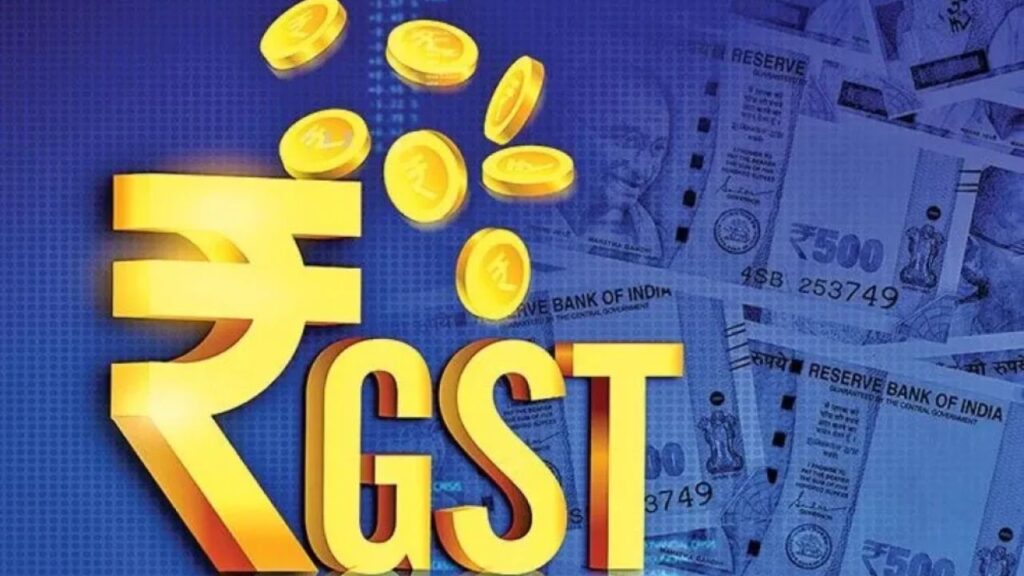Karnataka Revenue Minister Krishna Byre Gowda has voiced strong concerns over the revenue implications of the new Goods and Services Tax (GST) structure, which came into effect on Monday. While welcoming the simplification and rate rationalisation, he warned that the changes could cause states to lose between ₹1 lakh crore and ₹1.5 lakh crore annually.
Speaking to NDTV, Gowda said the central government has shifted the entire burden of tax rate cuts onto the states, undermining their fiscal stability. “We supported rationalisation and reduction of GST rates. But the problem is that all the costs are being forced onto states. This goes to the very core of their fiscal health,” he said.
The minister also argued that the new system benefits the Centre disproportionately. “While states face heavy losses, the Centre could gain an additional ₹50,000 to ₹60,000 crore. That is not in the spirit of cooperative federalism. This imbalance will only make states dependent on the Union government,” he remarked.
Gowda added that states had proposed a middle ground: extending earlier cesses, which previously served as a revenue buffer, to cover potential losses. “We weren’t asking for money from the Centre’s pocket. We only suggested that existing cesses be used to protect states’ revenues. Unfortunately, the Centre dismissed this concern,” he said.
Questioning the Centre’s reluctance to guarantee revenue protection, he said such an assurance would have been a low-cost gesture that could have built trust. “If buoyancy will take care of revenues as the Centre claims, then offering protection is merely an insurance. Why shy away from it?” Gowda asked.
The revamped GST regime replaces the earlier four-rate system of 5%, 12%, 18% and 28% with just two standard rates of 5% and 18%. Ultra-luxury goods will attract 40% tax, while tobacco and related products will continue under the 28% slab plus cess.
As a result, a wide range of goods and services—including food staples, insurance premiums, automobiles, electronic items, home appliances, stationery, and lifestyle services—are set to become cheaper. The overhaul marks the most significant restructuring of GST since its launch in 2017.

